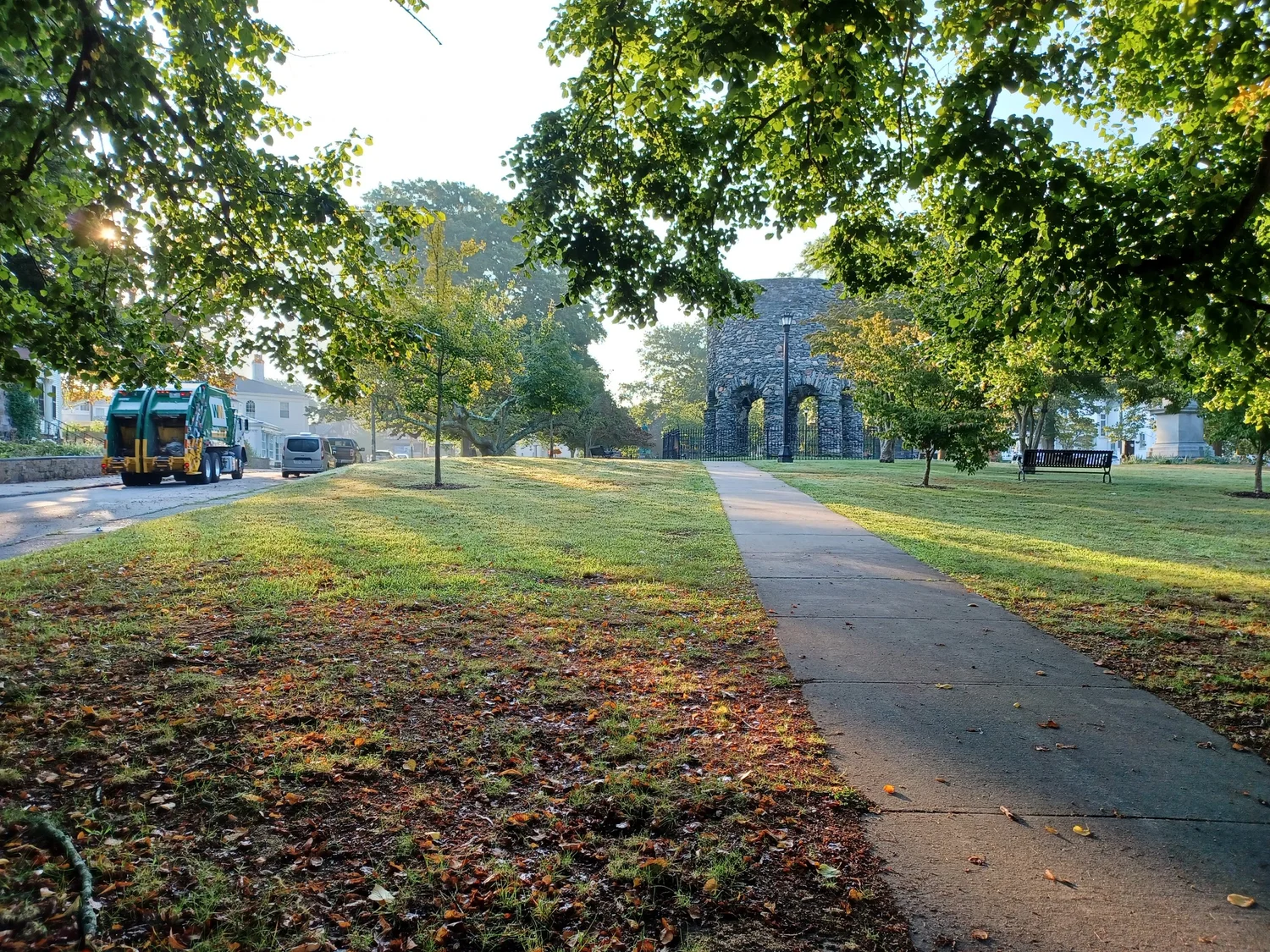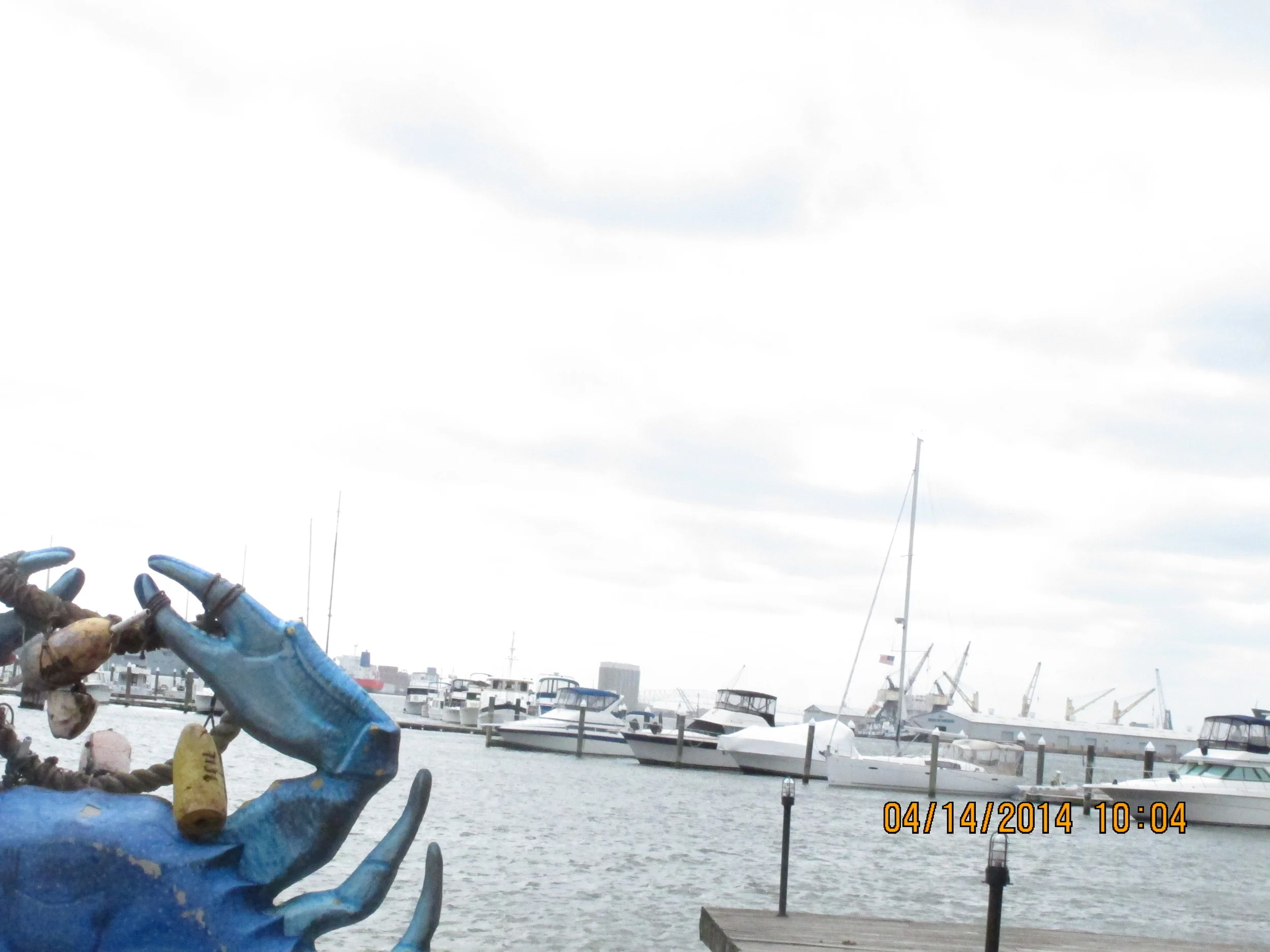Speak, Memory, in Memoryspeak
/Overnight, wondering whether government by the people could in fact erode like tooth enamel, I blinked awake thinking about if and how Americans learn about corporate greed in school. The silence choked my logic, as it often does at 2 am. Then I remembered taking intro-econ on Monday evenings at Georgia State University in central Atlanta in early 1996: I heard the professor’s grinning aside about “greed.” But I couldn’t tell you how I’d gotten there.
I mean, I could tell you why. I’d applied to professional school and the school said I could enroll if I showed up having learned the 101.
I can see the classroom and hear the lectures. I remembered sitting on slate-blue chairs, remembered the prof whose name was Dr. Gissy, remembered his emollient voice and thick black beard, remembered a young woman two rows ahead. As I thought about it some more, I remembered not remembering where I got my notebook, but cobbled something about a stationery store near my downtown workplace. But how did it get onto my calendar - which was a book sometimes and usually in my head? How did I find out about the class and how did I enroll?
I can picture in sharp relief how I walked to the walnut credenza in my office and Googled the school, but that didn’t happen in 1996. I foggily see myself pushing buttons on the base of my office phone, dimly hear someone taking my information on a call, picture a paper syllabus through the mist.
These confabulated routine memories pounce on us daily. How did you read a map? How did you learn about a job opening or about a party in the neighborhood? Papers flapped, envelopes arrived in the mail, and most keenly people spoke. We spoke a lot more, and more often. And in the speaking we would ask for clarification, we would redirect our speech, we would wait out someone else, and we would repeat ourselves in bright tones.
You’ve read laments on what may have abounded then that goes missing now in terms of compromise, meeting-in-the-middle, nuance. More simply, there was just more sound.
The inside of Taco Mac, courtesy https://tacomac.com/locations/1006-n-highland-ave-ne-atlanta-ga-30306/
When we begin trying to reconstruct the cognitive bridges, canals, ferries, and roundabouts we used to maintain among other humans, the share of images or sounds in any experience will form a tell as to how close we can get to comity. Consider:
A little earlier in my Atlanta years, I shared an apartment with a woman who had been dating one of my best friends when we co-signed the lease. He and she broke up within a month of our moving in together, and over the following months she and I became closer. And I was 24, and the crew in which I ran indulged in some jolly will-they-won’t-they.
Point being, one Saturday night neither my roommate nor I had much to do - I think we had called (!) some of our friends and they hadn’t been home (!) so we left voicemails (!). I had just gotten back from a conference and there was nothing to cook, so we went down the street to Taco Mac for a 1990s-yuppie-Atlanta sampler of craft beer and greasy chicken wings.
We sat and talked about, I think, our favorite bands for probably 20 minutes. At some point she looked across the room, whispered “oh!” and laughed as she tucked her chin. I followed where she was looking and saw three of our friends at a table, where they had been staring at us for who knows how long, looking for tells about whether our status had changed. Our high-top had extra chairs, so they all came over and that was more or less that.
Teleported into today, those friends would remain inquisitive but principled, and would never have shared pictures of us even if they carried cameras in their pockets and the Internet cloaked us all. But would they have taken a picture for their archive, or texted me to let me know where they were? And would they then have carried evidentiary booty of something that had not happened and was none of their business if it did? Would a picture have conferred some status on a maybe wavelength that made my roommate and me crabby? To the extent that their watching seemed harmless and overlookable then, would a picture have made it needling or like an act of muscling in?
Pictures tend to linger and separate from their memories. So do conversations, and when conversations become thinner and more exhausted then we all start feeling more defensive and more like forces are prodding us from here to there.
I’m lucky that I experienced so much of my life as steps that showed new places, dialogue that called up new verbiage, and moments that led to more questions. I talked about it a lot, not always clearly, but always gaining perspective from talking. I hope the kids in intro-econ can climb close to that now.
My Bustling Manhattan Boulevard, often sounding soundless




